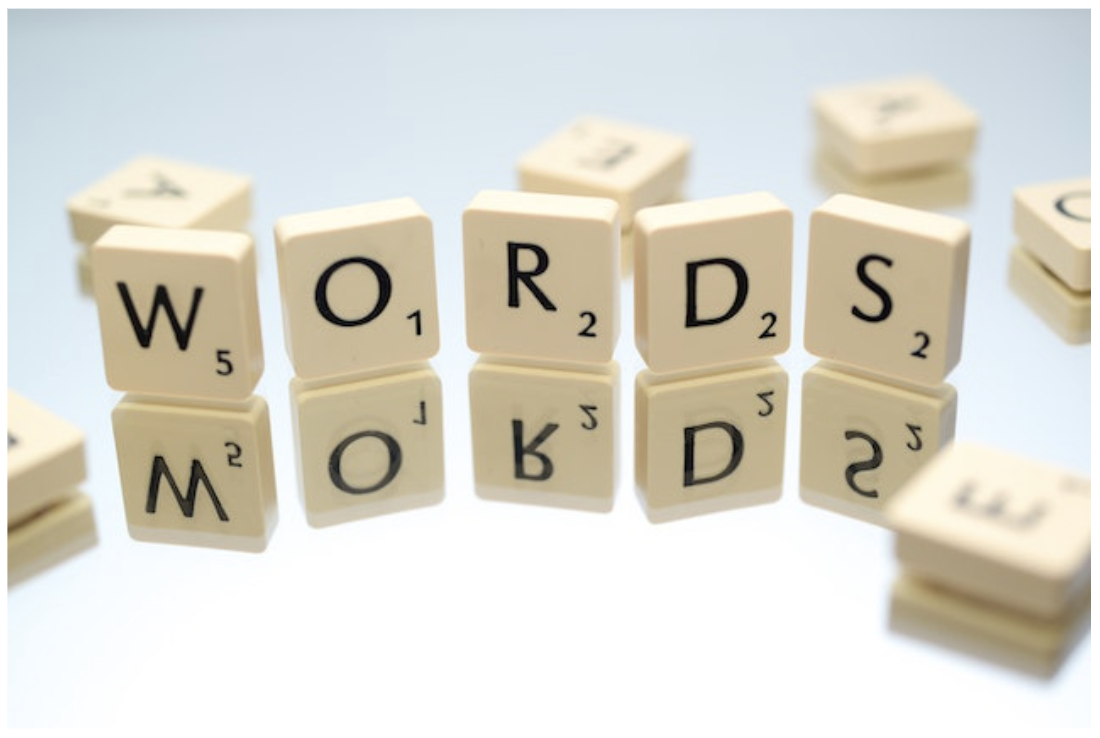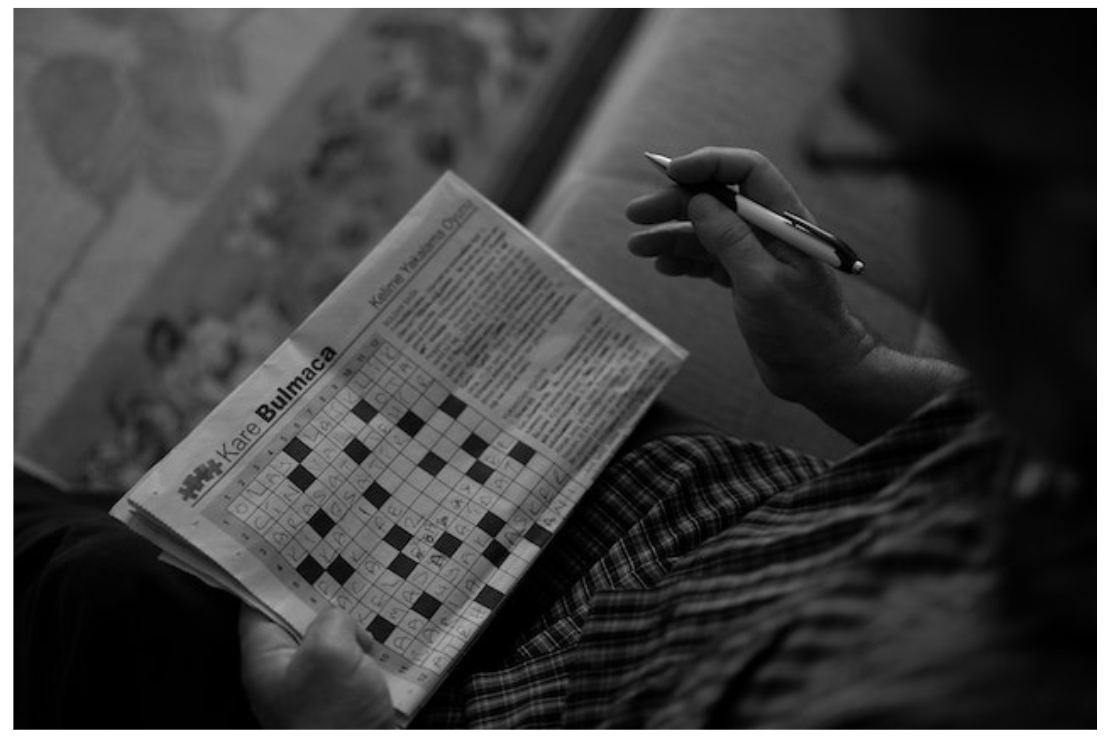The History of Word Games and Word Unscrambling
By Neal Taparia - 05/24/2023
We live in an era of fast development and everything our ancestors have known and invented has been brought up to completely new levels. There used to be many types of games our predecessors indulged in - ones with decks of cards, on boards, with only pens and papers. Nowadays, we are lucky to enjoy playing their games, but over the course of time, all of them have been upgraded and improved and we are left with so many choices on our hands.
There are so many word games everyone can play since they can be found everywhere. They are used in schools for educational purposes, they can be found in newspapers and on the internet if we want to pass some time, they can be played with friends while socializing and there are even world championships in certain games.

Engaging in word games can improve brain health in various ways. These activities challenge the brain's cognitive functions, including memory, attention, and problem-solving, which can lead to improved mental agility and reduced cognitive decline. Additionally, word games have been shown to increase vocabulary and language skills, which can benefit communication and overall cognitive function. Regularly participating in word games may also help reduce stress and improve overall well-being.
Word games have been enjoyed by many for decades, but it is always interesting to go back to the roots and see how it all started. It would take a while to go through complete word games history, but let’s find out how some of the most popular word games formed into what they are today.
Categories of word games
Since there are many different types of word games, we can separate them into a few categories.
1. Letter arrangement games
This type of game is focused on forming words from certain letters and requires vocabulary and comprehension skills. Some letter arrangement games are Upwords, Bananagrams, Countdown, and of course Scrabble.
2. Word search games
There are different types of word search games. Some of them require finding a word in a group of letters or using clues to fill a grid and the examples are of course, Crosswords, Word searches, or Hangman and their variations.
3. Semantic games
Using the semantics of the word, which is their meaning, is also a popular principle of word games. Examples of these games are Mad Libs, Blankety Blank, or the newest one, Codenames.
First Word Games Ever
It would be difficult to set the exact date on the first word games, but we can assume that they have existed since the language itself. People could have been playing with words using rhymes for example, but we don't have proof of that. The evidence that could testify that word games have existed for a long time is the creation of letters.
So let’s focus on some of the first word games we have actual proof of.
Creation of anagrams
The first word games that were created are most likely to be anagrams. The earliest evidence comes from somewhere around the 4th century B.C. from Ancient Greece where supposedly, poets used them to impress the wealthy. But the first game of Anagram appears somewhere around the late 19th century in the form of Word Squares.
Word Squares
This is the game where you have to fill in the squares with letters that form meaningful words both horizontally and vertically. The Romans preferred a certain word square game called Sator Square. The sentence from this game can be found in stones of Pompeii and it goes - Sator Arepo tenet opera rotas. This sentence can be read both forward and backward and it sounds the same.
“The farmer Arepo works a plow” is a translation and we cannot be sure why this was one of their favorites. Religion held a great part of everyday life in big empires and that is where the other part of this anagram comes from. When letters are rearranged they create “Paternoster” (“our father”). It is believed that this was more than a simple wordplay because Romans used to believe that the devil would be confused, not knowing which way to read hence the Sator Square became sort of a talisman against evil.
The Windsor Enigma
This is another word game that became popular during the 19th century. It seems that word games were popular among Victorians and it is believed that Queen Victoria may have created this one herself.
The Enigma says: “The initials of the following places form the name of a town in England, and the finals (read upwards) what that town is famous for”. This sentence is followed by rows of places the player has to figure out from hints.
Crossword

When we think of this all-time classic, we would’ve guessed it has been around for centuries. But this is not the case. Birthday of Crossword as we know it is considered to be in December 1913.
Actually, probably the most popular form of word puzzle was created out of desperation. The editor of New York World magazine was looking for a way to fill out the Fun section of the magazine's Christmas edition. This is when he came up with diamond-shaped boxes that needed to be filled and were cheap to print.
It didn't take long for crosswords to gain the shape we know today, to become widely popular, and to inspire many other word games.
Creation of Scrabble
The timeline takes us a few decades later where we meet a form of Scrabble for the first time.
During the late 1920s, America was under the immense influence of the Great Depression and Alfred Mosher Butts was an out-of-work architect who decided to dedicate his time to analyzing word games which were his hobby.
His vision was to combine three categories of games in order to create one that incorporated numbers, such as dice and bingo, movement, such as chess, and words, such as anagrams. He believed that what kept word games from being as popular is the absence of score.
Development of Scrabble
Butts used all of the elements he considered necessary and formed Lexiko, the first scoring word game. Legend says that Butt analyzed pages of “The New York Magazine” to calculate the distribution of the letters. Later, more improvements were made and the game was renamed Criss Cross Words. But it did not appear in its final version and was not a success until Butts met James Brunot.
Brunot was interested in the mass production of the game and Butts was happy to pass the operation to him. Brunot redesigned the colors, bonus points, scoring, and tile placement and this is when the name Scrabble first appeared.
Production started at an old abandoned schoolhouse where several friends helped Brunot to produce 12 pieces an hour. Production significantly expanded when the chairman of Macy’s discovered the game and decided to include it in his collection. Finally, in 1952, the game lived to grow its popularity with more than 2000 sets being made weekly and nearly 4 million sets being sold in 1954 alone.
Scrabble today
The game has been translated into more than 26 languages and more than 100 million pieces have been sold around the world to this date.There are many popular tournaments and championships such as The World Scrabble Championship where tens of thousands of players compete worldwide every year.
Over the course of time, a few television shows, books, and documentaries featured or were based on Scrabble. Different strategies have evolved and there are even tools that help with unscrambling words skills, such as our Word Unscrambler.
The game is available online and as a board game and its numerous variations are significant proof of its popularity both locally and globally among people of all ages.